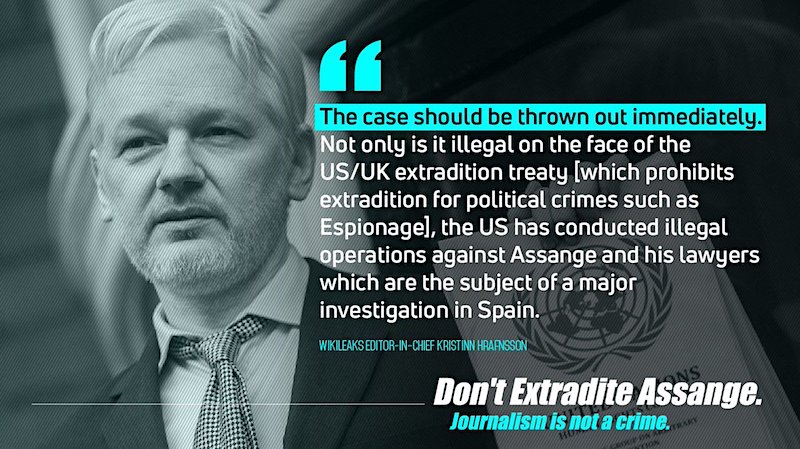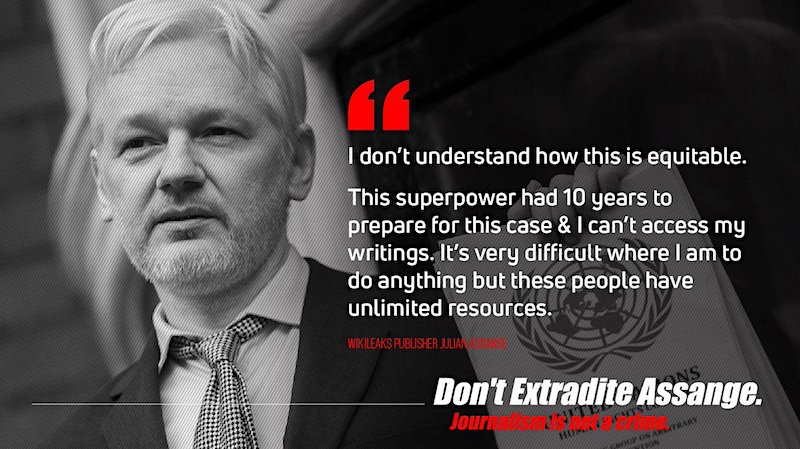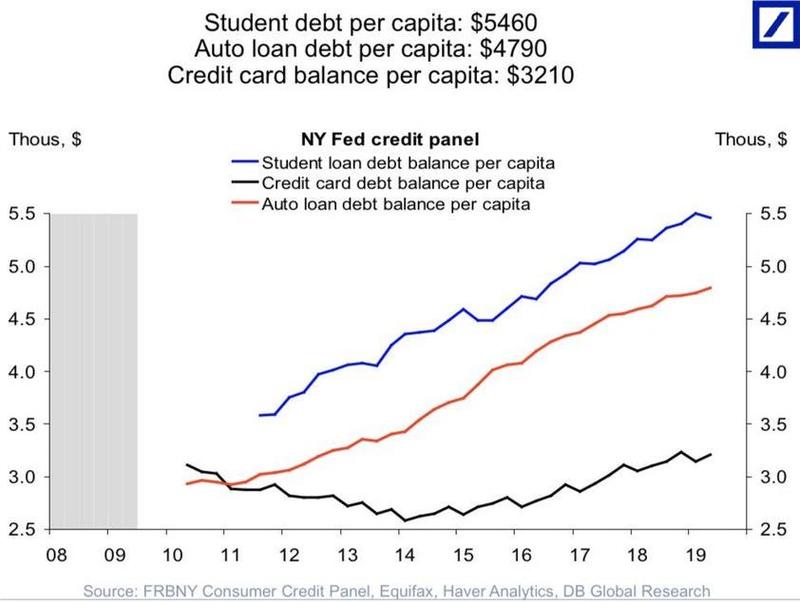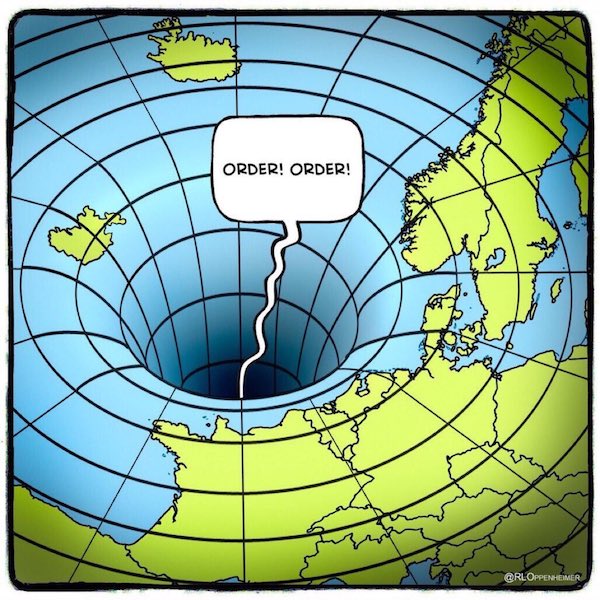
Edgar Degas In front of the mirror 1889

This piece came to me in an unusual way. A British friend sent it, after his wife sent it to him. He said: “Well written piece! Pulled from Jean‘s friend on Facebook!”. All I really know is the author’s name is Janet Daley, and she’s in all likelihood British. I like how she points out the correlation between what the church allowed people to think and know and express in the Middle Ages+, and what we are allowed by government and media and industry to think and know and express today.
And then makes the link between the past 3 years of covid info, and climate change “science”. Going forward, you will find out how much Fauci declaring himself “The Science” has hurt the entire climate campaign. And maybe that’s not so bad. Let’s talk about these things. There doesn’t appear to be much sense in “saving the Planet” if the only way to do that is to kill your economy and society.
It would have been better is she had included the same “conglomerate”‘s control over the Ukraine issue, but we can’t have everything. Hey, I would include the Trump “RussiaRussiaRussia” campaign, but that might be a step too far for many. Maybe we need to explain this one step, one topic, at a time. For the Automatic Earth, it all has meant censorship, and lots of lost ad revenue, but also more readers, and their donations, because, luckily, there are still people left who, in Janet’s words: Argue. Question. Disagree. This light ain’t dying.

Janet Daley:
Governments have learnt that fear works – and that is truly terrifying
We have returned to the world of Galileo vs the Vatican. Scientific dissidents are again silenced and ostracised for their opinions
As the year in which life officially returned to normal comes to an end, we must ask an uncomfortable question. What on earth just happened? We have lived through a period of what would once have been the unthinkable suspension of basic freedoms: interventions by the state into personal life that even most totalitarian governments would not have dared to impose. And we, along with most (not all) of the democratic societies of the West, accepted it. Before that era slips into the fog of convenient forgetfulness, it is absolutely imperative that we – the country as a whole – hold a thorough post hoc examination, because our governing classes have certainly learnt something they will remember.
The critical lesson that has been indelibly absorbed by people in power, and those who advise them, is that fear works. There is, it turns out, almost nothing that a population (even one as brave and insouciant as Britain’s) will not give up if they are systematically, relentlessly frightened.
The Covid phenomenon has provided an invaluable training session in public mind-control techniques: the formula was refined – with the assistance of sophisticated advertising and opinion-forming advice – to an astonishingly successful blend of mass anxiety (your life is in danger) and moral coercion (you are putting other people’s lives in danger). But it was not just the endless repetition of that message that accomplished the almost universal, and quite unexpected, compliance. It was the comprehensive suppression of dissent even when it came from expert sources – and the prohibition on argument even when it was accompanied by counter-evidence – that really did the trick. Now the prescription is readily available for any governing elite hoping to initiate a policy likely to meet with strong public resistance. First tell people that they, or their children and grandchildren, will die if they do not comply. Then prohibit any mitigating argument or critique of this prediction.
If the laws of the land do not permit you to stamp out all such deviant opinions, you can simply orchestrate an avalanche of opprobrium and disrepute on those who express them so that their professional reputations are undermined. But that is yesterday’s battle. Covid – as a historic event – is over. Let’s talk about how the Fear programme, now an accepted part of the armoury of democratic politics, is likely to work in the present and future. As it happens, there is what looks like a remarkably similar model of anxiety-plus-moral-blackmail being applied to the matter of climate change. Note: these observations have no bearing on whether or not there is a true “climate crisis”. What I want to consider is how the policies that are being formulated to address it are being framed.
We find ourselves back in the Middle Ages when scientists were forbidden to contradict authority
Words are terribly important here. There seems to be an alarming similarity between the language in which the climate campaign is being conducted and the one used to sell the authoritarian Covid lockdowns. There is, for example, a curious anthropomorphising of the threat in both cases. The virus was depicted regularly by both politicians and their medical officials as a sentient adversary with an “agenda” (that word was, believe it or not, actually used) to destroy human lives. It was likened to a wartime enemy – except that it was more sinister because it was “invisible”. This was not strictly true, of course: it was an organism clearly visible under a microscope as was demonstrated repeatedly in scary images widely reproduced in the media. Now, the Planet (the word is usually capitalised as if it were a proper name) is being described as if it too was a conscious being whose innocent life was being threatened by the thoughtless rapaciousness of human beings. So we – and our inclinations – are once again the potential danger.
None of this nonsense has anything to do with science. It is the language of horror movies or particularly gruesome fairy tales designed to frighten children into good behaviour. The great offence that is being committed by these machinations, in fact, is against scientific endeavour itself, which relies on disagreement and open debate to progress. Somehow, we have found ourselves back in the Middle Ages when scientists were forbidden to contradict the inviolable truth of authority. Who would have thought that, centuries after the Enlightenment, we would return to Galileo vs the Vatican? This is not intended to imply that religious belief is always the enemy of scientific rationality. I personally believe that human intelligence is the greatest of God’s gifts and that the traducing of it is truly sinful as well as utterly irresponsible. As it happened, there was one more affirmation of the irreplaceable importance of intellect and inventiveness just last week with the successful experiment in nuclear fusion, which may, literally, save the future of all those who inhabit the earth (if, in fact, it is genuinely in danger).
What intelligence and innovation rely on above all is criticism and disputation. That is the nature of the thing. It should be what education is for. We cannot, must not, stop fighting for the right to disagree. It is appalling that it has become necessary to legislate to enforce this freedom on academic institutions that were once dedicated to free discussion. The imperatives that must be taught to the young have not changed since Plato’s day. Argue. Question. Disagree. Expose received ideas to rigorous interrogation. Express doubt when you are unpersuaded. Seek truth through endless dialogue. Certainly some mistakes will be made in the name of liberty, but they can only be corrected if we do not, literally, lose our minds in the name of safety. The lines by Dylan Thomas, which were intended to be about physical death, could just as easily be applied to the death of Reason:
“Do not go gentle into that good night,
“Rage, rage against the dying of the light.”

We try to run the Automatic Earth on donations. Since ad revenue has collapsed, you are now not just a reader, but an integral part of the process that builds this site. Thank you for your support.

Support the Automatic Earth in virustime. Click at the top of the sidebars to donate with Paypal and Patreon.














